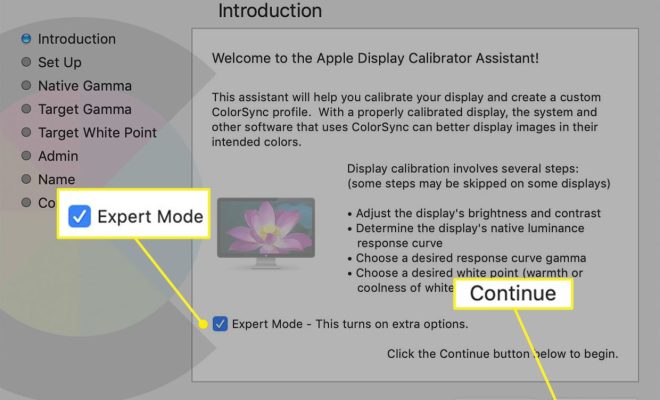Is Amazon’s Alexa Spying on You?

As more and more households have embraced Amazon’s Alexa, the voice-activated personal assistant, concerns about privacy and security have been raised. One of the most pressing questions is whether or not Alexa is spying on us.
The short answer is no, Alexa is not technically spying on us. However, the longer answer is much more complicated and nuanced.
First, it’s important to understand how Alexa works. When you activate Alexa by speaking the wake word (“Alexa,” “Echo,” or “Computer”), your voice is recorded and transmitted to Amazon’s servers for processing. Alexa then uses artificial intelligence to understand your request and provide a response.
While this may sound simple enough, it raises some privacy concerns. For one, it means that everything you say to Alexa – whether it’s a request for the weather or a private conversation with your spouse – is recorded and stored. This alone is unsettling for some people.
However, Amazon insists that these recordings are encrypted and only accessible to a small group of employees who need them to improve the voice recognition software. In other words, unless there’s a software glitch or a breach in Amazon’s security, your conversations with Alexa should be safe from prying eyes.
But that’s not the end of the story. There have been a few instances where Alexa has seemingly “eavesdropped” on conversations that it wasn’t meant to hear. In one case, a couple in Oregon found out that their Alexa device had recorded a private conversation and sent it to one of their contacts without their knowledge or consent. Amazon attributed this to a rare glitch in the software and issued a patch to fix the problem.
There have also been reports of Alexa devices “waking up” and recording snippets of conversation without any prompt from the user. This could be due to background noise or a misinterpretation of other words that sound like the wake word. While these instances may be rare, they have still contributed to the perception that Alexa is always listening and potentially spying on us.
So what can you do if you’re worried about Alexa’s privacy implications? One option is to disable the microphone or turn off the device when you’re not using it. Another is to limit the types of requests you make to Alexa – for example, avoiding anything that involves sensitive information or private discussions.
Overall, it’s unlikely that Alexa is actively spying on you. However, the fact that it’s always listening and recording does raise some valid privacy concerns. If you choose to use Alexa, it’s important to be aware of these risks and take steps to protect your personal information






